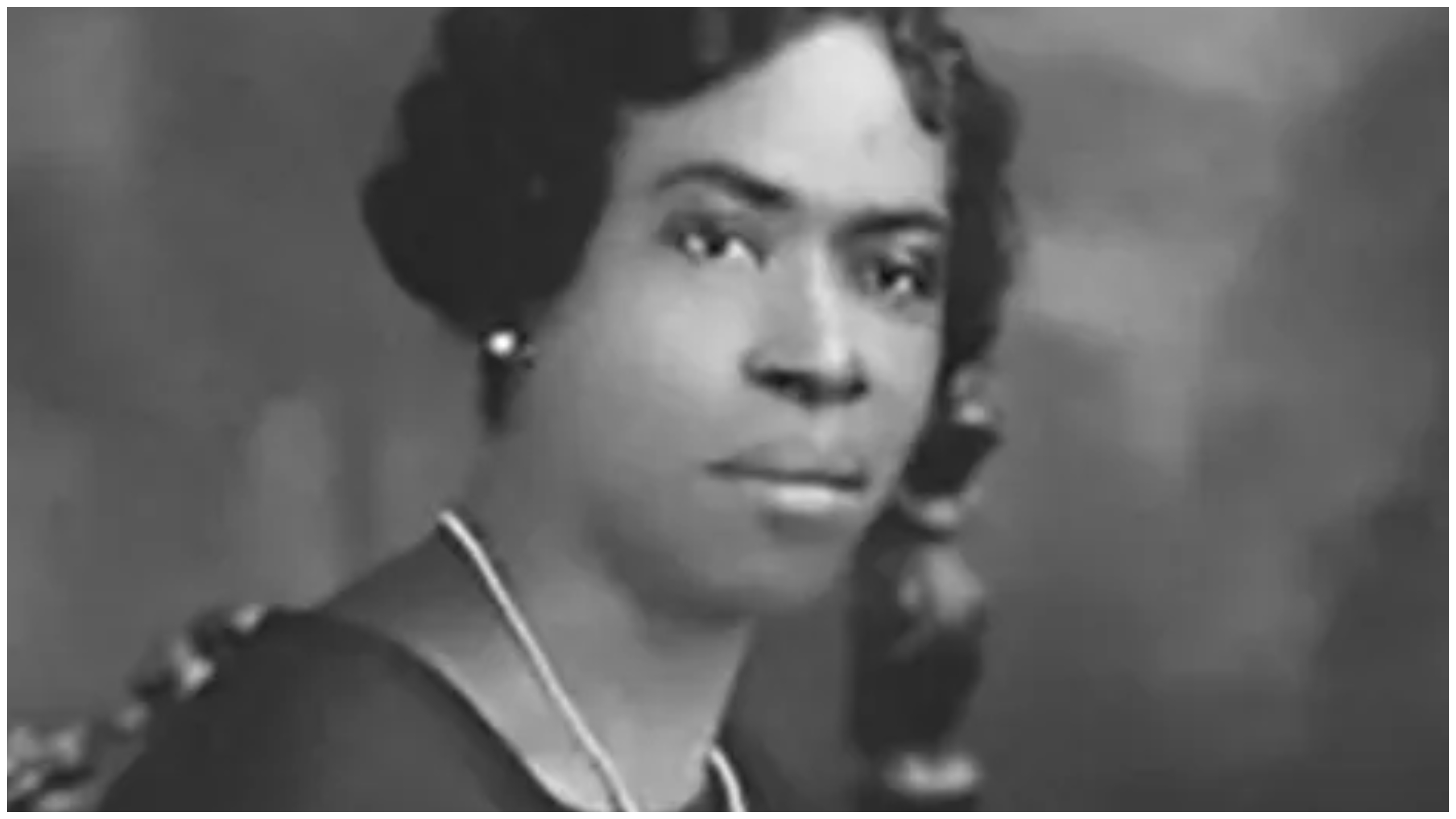As the first-ever African American postmaster in Indianola, Mississippi, Minnie Cox’s groundbreaking appointment in 1891 was met with both pride and prejudice in the Jim Crow South.
Trailblazing Postmaster Appointed by President
A respected educator and Republican party activist, Minnie Cox was selected by President Benjamin Harrison as one of the nation’s first Black female postmasters in 1891. She installed a telephone at personal expense so customers could inquire about mail arrivals. Her dedication to the role was widely praised.
However, the winds of change swept through Mississippi as Reconstruction ended. Racist governor James K. Vardaman whipped up furious opposition to Cox’s postmaster role in 1902, demanding her removal to President Roosevelt.
Target of Violent Threats, Forced to Flee
Despite President Roosevelt refusing her resignation, Cox and her family ultimately fled Indianola after mob threats escalated. Her plight drew outraged national attention, seen as evidence of the erosion of rights for African Americans across the South.
Roosevelt took a stand by shuttering the local post office, refusing its reopening until the community accepted Minnie Cox as postmaster. This ultimatum was never fulfilled during her tenure.
Bank Founders Refused to Be Defeated
Though Cox left her trailblazing postal role in 1904, she and husband Wayne returned to Indianola and founded the Delta Penny Savings Bank – Mississippi’s largest Black-owned bank. Their pioneering economic institution funded hundreds of homes for African American families when racism severely limited housing options.
The bank’s success allowed the resilient couple to thrive even as Jim Crow laws and white supremacy ruled around them. Decades later, the Indianola post office was named in Minnie Cox’s honor. Her courageous struggle continues inspiring campaigns for equality today.




